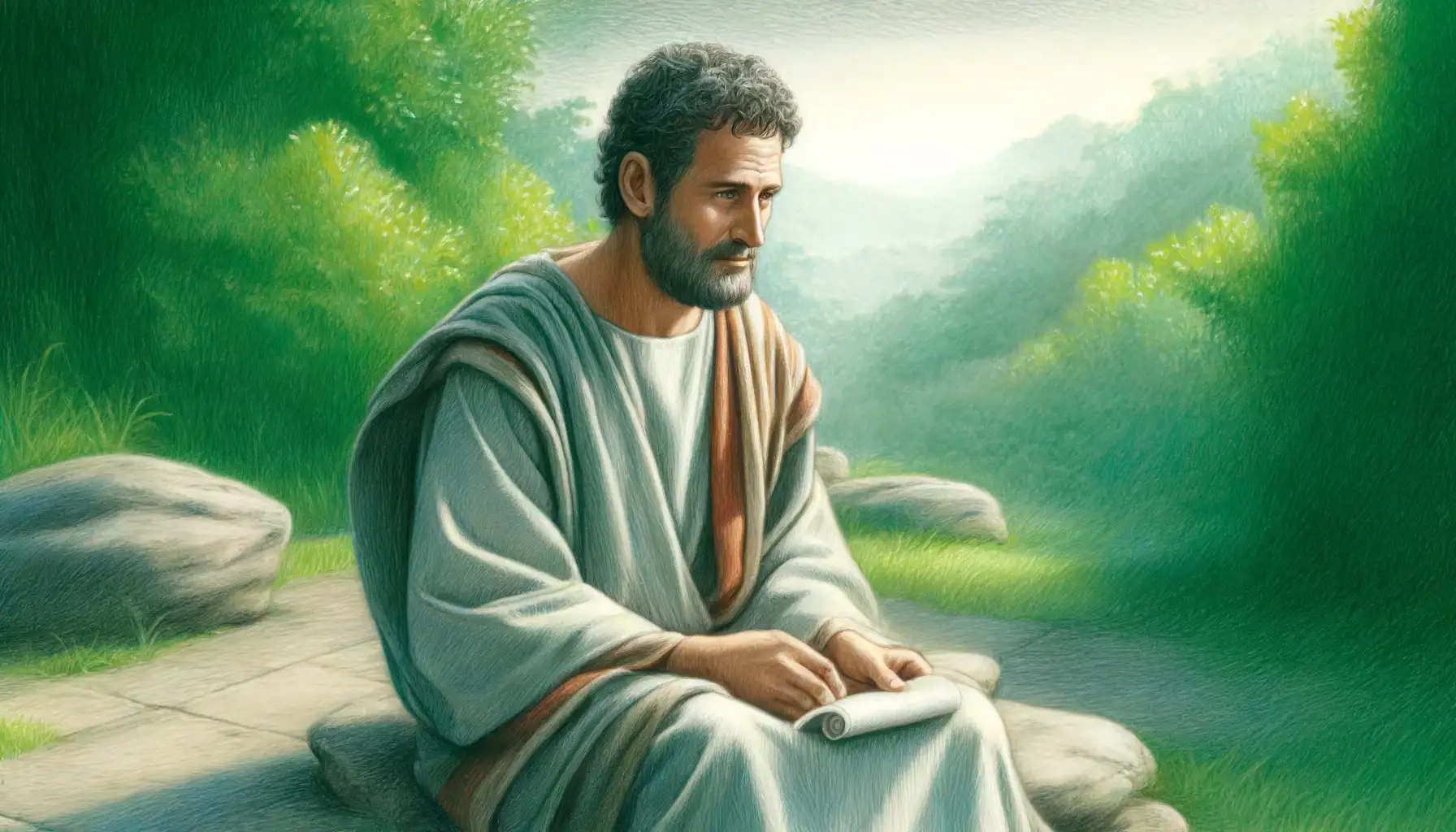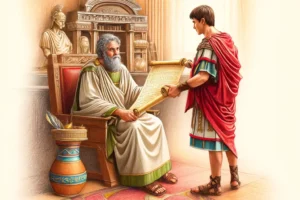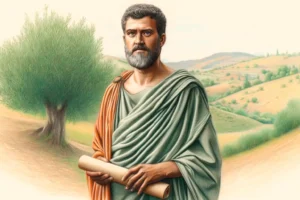
Philip the Evangelist: One of the Seven Deacons
Philip the Evangelist, distinct from Philip the Apostle, is a prominent figure in the Acts of the Apostles. He was one of the seven deacons chosen to serve the early Christian community in Jerusalem and played a significant role in the expansion of Christianity.
Quick Facts:
- Deacon Appointment: Philip was one of the seven deacons appointed by the apostles to help with the daily distribution of food and aid, particularly to Greek-speaking widows, as described in Acts 6:1-6.
- Ministry in Samaria: He played a pivotal role in spreading Christianity to Samaria, demonstrating great success in evangelism and miraculous signs, which drew large crowds (Acts 8:4-8).
- Encounter with the Ethiopian Eunuch: Philip is best known for his encounter with an Ethiopian eunuch, a high official of the Candace, queen of the Ethiopians. He explained the scriptures and baptized him, marking a significant early spread of Christianity to Africa (Acts 8:27-39).
- Miraculous Elements: His ministry was marked by signs and wonders, including driving out impure spirits and healing the paralyzed and lame, which affirmed his message and attracted more believers.
- Later Life: Later, Philip settled in Caesarea, where he raised four daughters who prophesied. His home became a meeting place for early Christians, including Paul the Apostle (Acts 21:8-9).
Contextual Background:
Philip the Evangelist emerges in the narrative of the Acts of the Apostles as one of the seven deacons selected to assist with administrative duties in the early Church, particularly to help in the distribution of food and aid to the Hellenistic Jewish widows. His role quickly expanded from administrative support to significant evangelical work, illustrating the fluid roles of leadership within the early Christian community.

Theological and Character Insights:
- Role as a Deacon: Philip’s selection as a deacon reflects the early Church’s responsiveness to community needs and the importance of service in Christian leadership. His role was pivotal in ensuring fairness and unity within the diverse body of believers, addressing both practical and spiritual needs.
- Evangelistic Zeal in Samaria: Philip’s evangelistic efforts in Samaria are notable for their enthusiastic reception and the miraculous signs that accompanied his preaching (Acts 8:4-8). His success in Samaria marked a significant step in the Church’s mission to reach beyond Jewish communities, adhering to Jesus’ command to be witnesses “in Jerusalem, and in all Judea and Samaria, and to the ends of the earth” (Acts 1:8).
- Encounter with the Ethiopian Eunuch: Perhaps Philip’s most famous evangelistic act was his encounter with the Ethiopian eunuch. This event is significant for several reasons:
- Divine Guidance: Philip was led by an angel and the Holy Spirit to meet the eunuch, showing divine involvement in the mission to spread the gospel.
- Scriptural Explanation: Philip’s ability to explain the prophecies of Isaiah regarding Jesus underscores the importance of scripture in evangelism and the fulfillment of Old Testament prophecies by Jesus.
- Inclusivity: The baptism of the Ethiopian, a foreigner and a eunuch, highlights the inclusivity of the gospel message, breaking social and racial barriers.
- Miracles and Signs: The miraculous aspects of Philip’s ministry (exorcisms and healings) provided validation of his message and the power of God working through him, attracting attention and aiding in the spread of Christianity.
- Legacy and Influence: Philip settled in Caesarea, where he raised a family known for their prophetic gifts—his four daughters who prophesied. This detail not only highlights his personal legacy but also illustrates the role of women in the early Church.
Conclusion:
Philip the Evangelist’s contributions to the early Christian Church are profound. His transition from a deacon dealing with daily distributions to an evangelist performing miracles and spreading Christianity across cultural and geographical boundaries exemplifies the dynamic and expansive nature of early Christian ministry. His interactions, particularly with the Ethiopian eunuch, underscore the universal call of the gospel and its transformative power across diverse populations. His legacy is marked by his adaptability, faithfulness, and the role of his family in the continuing Christian witness.



